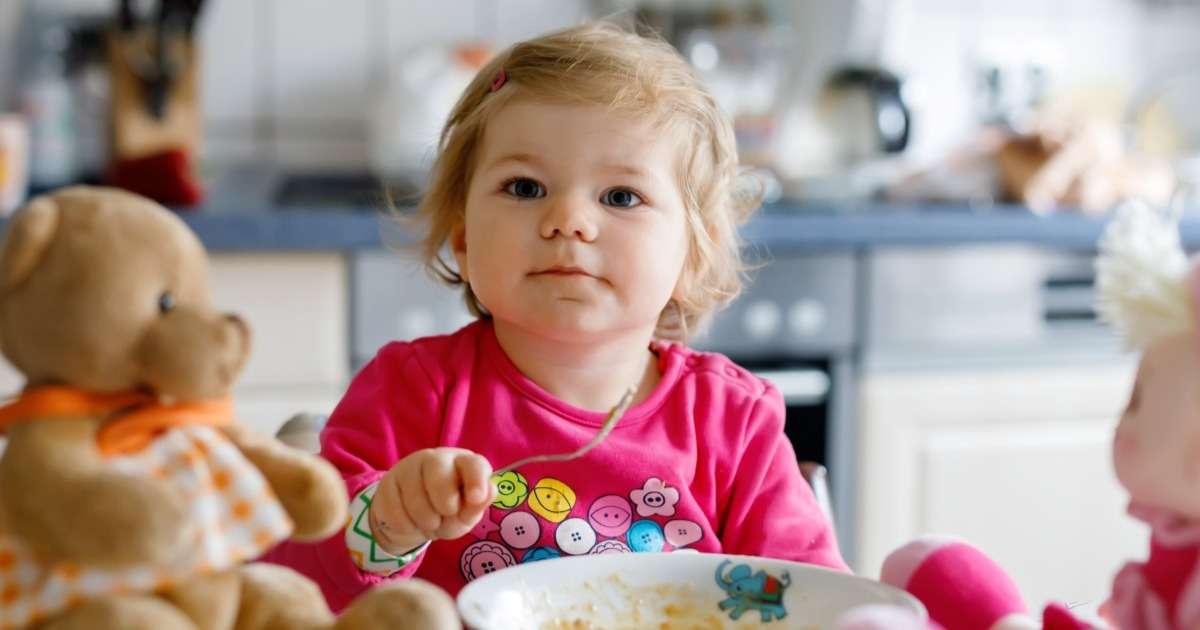
Analyzing the mealtime behaviors of children with autism
Disrupted mealtimes and feeding challenges may risk the development of family stability, as well as the social skills and well-being of a child. Which strategy should families use to support meal time engagement?
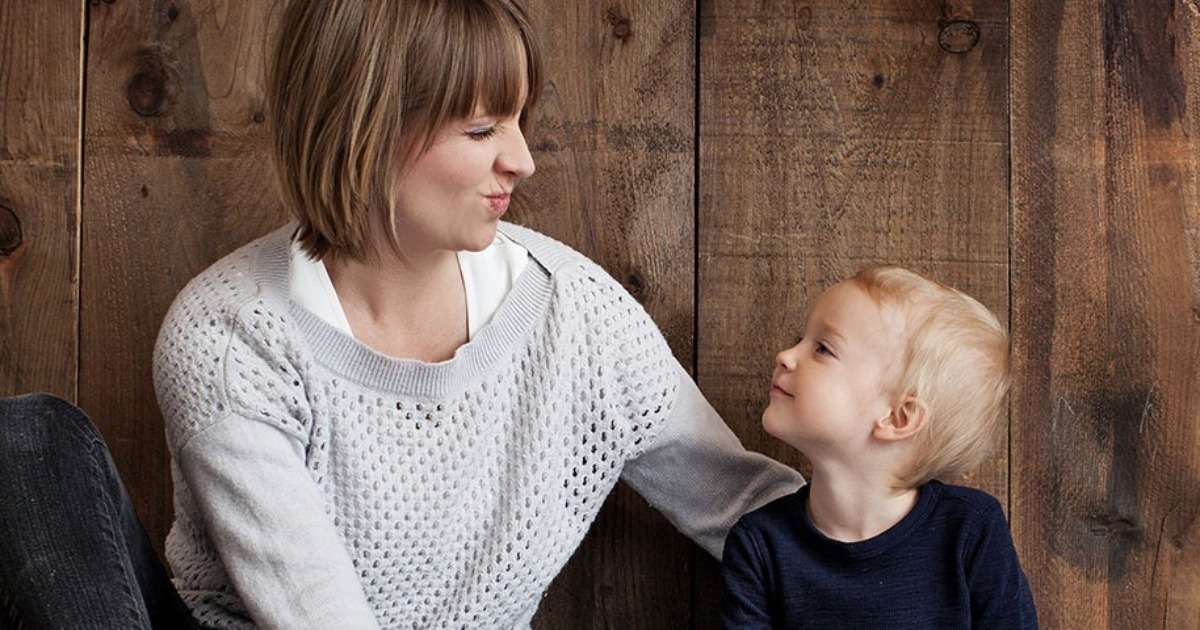
How to study communication in young children
If you are born profoundly deaf, it is very likely that modern technology in the form of cochlear implants can improve your hearing.
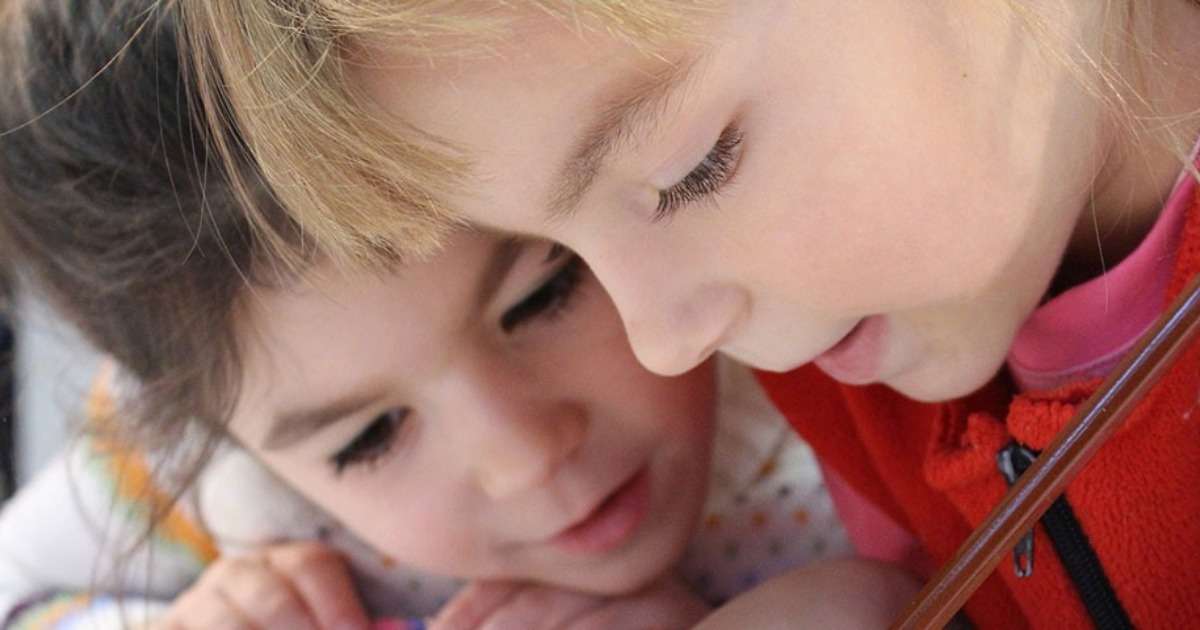
The impact of sounds on autistic children’s behaviors
Children with autism can have trouble dealing with external distractions. Researcher Shireen Kanakri conducted a study to observe the impact of the acoustic environment on restrictive and repetitive behaviors.
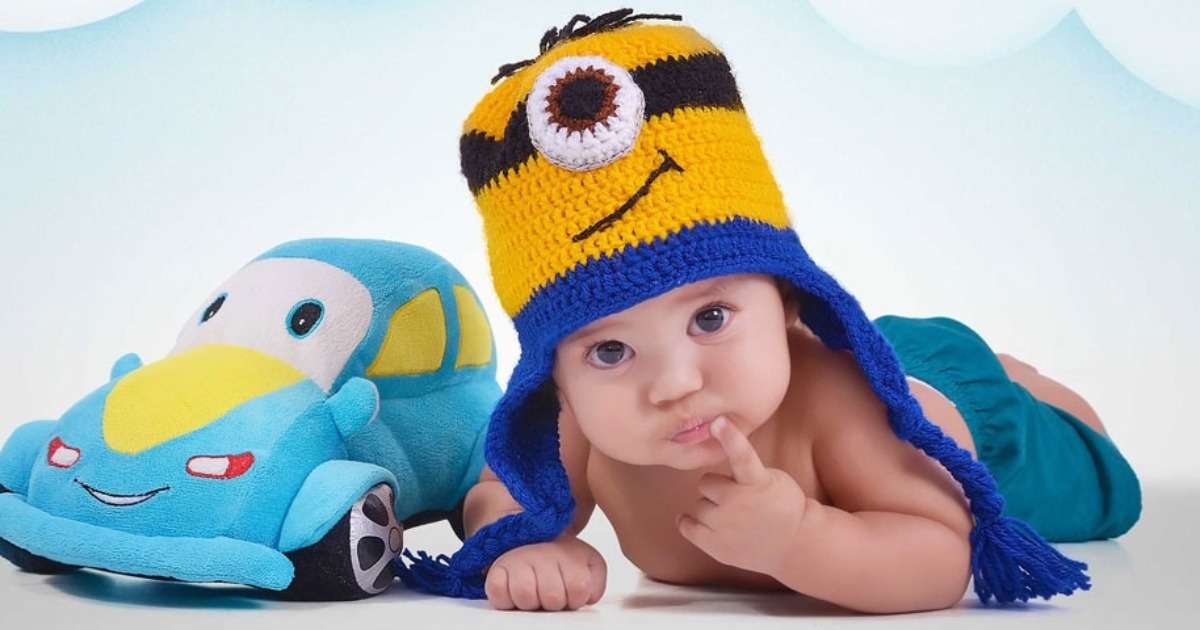
Measuring parent-infant behavior from another point of view
Parent-child interaction is an important focus of child development research. Lee’s research team compared recordings of play behavior from both a traditional third-person point of view, and through the babies' eyes.
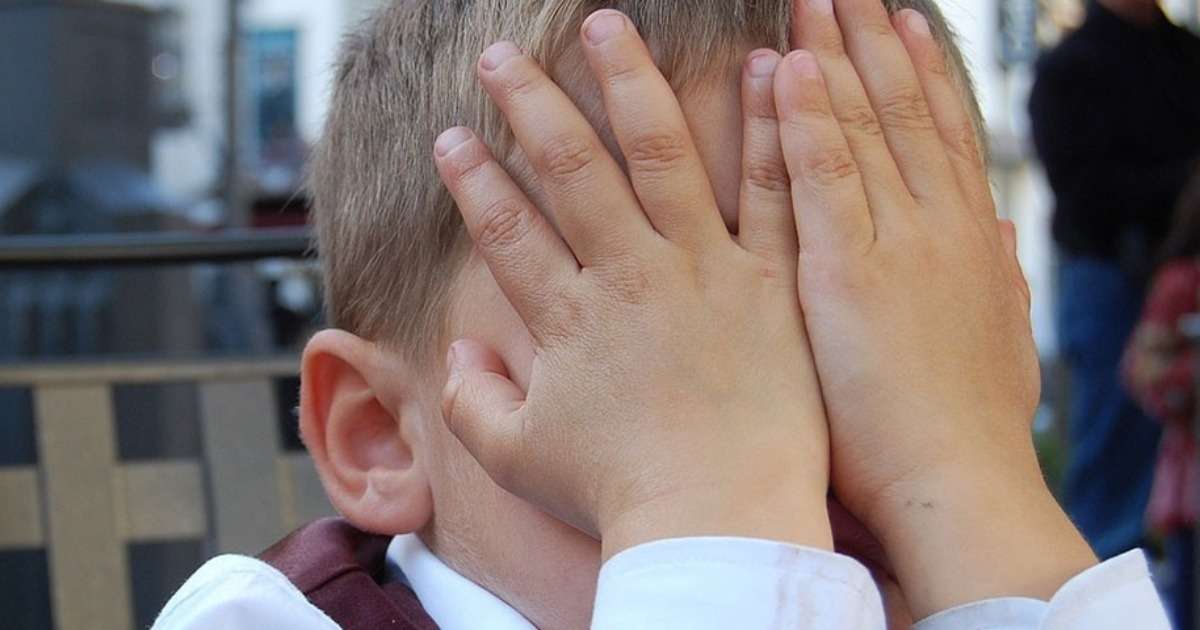
Helping children cope with social anxiety
Researchers Colonnesi et al. investigated whether social anxiety in 4 year-olds is related to the level of Theory of Mind, and expressing shyness.
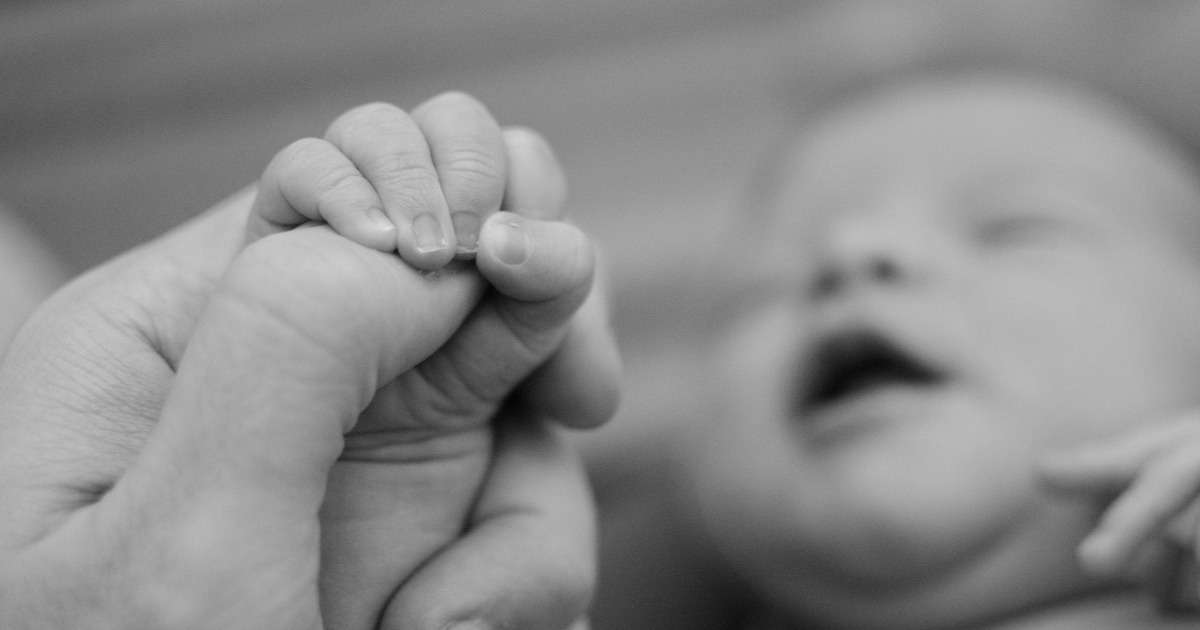
Comparing two different skin-to-skin contact techniques
Skin-to-skin contact is essential in developing a feeling of safety, and in creating the bond between parent and child, especially with premature babies. Buil et al. compared two kangaroo positioning techniques.

Video-recording children with ASD in-home
Anne Kirby and colleagues studied sensory and repetitive behaviors among children with autism spectrum disorder (ASD). 32 children with ASD participated.

Positive Behavior Support: Good behavior can be learned
With the observed increase in pediatric obesity in recent years, a child’s family, particularly his parents, may influence eating behavior, diet, and physical activity through their parenting and food choices.
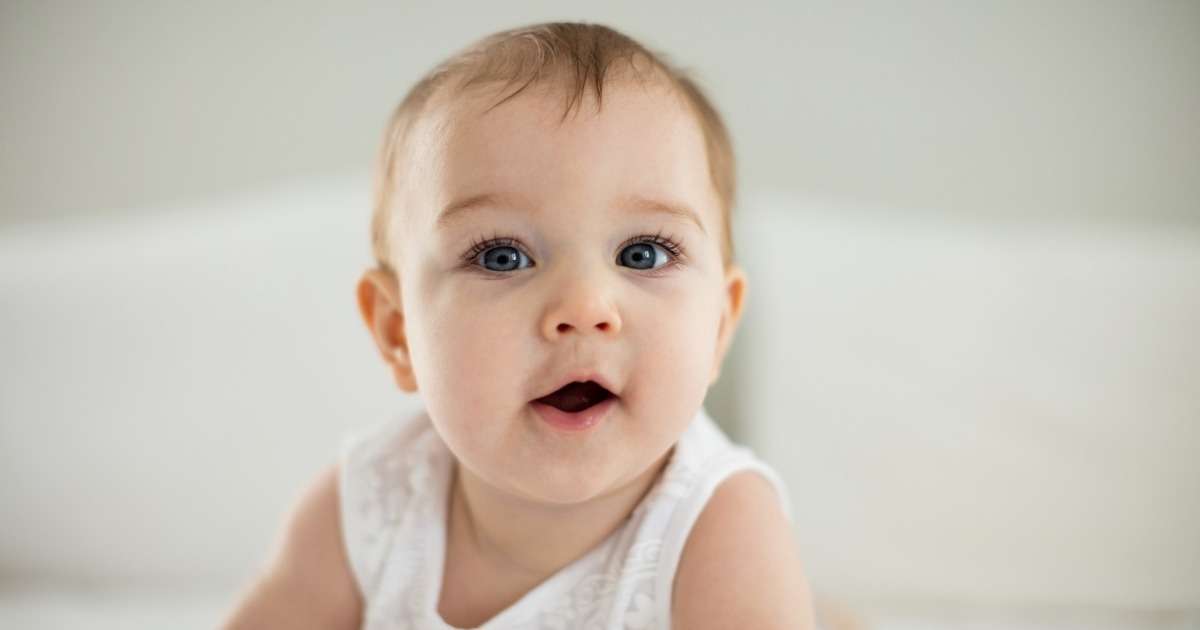
Examples of infant behavior research experiments
In infancy you can observe an explosive growth. A lot of researchers focus on this age group and observe parent-infant dyads to get more insight in specific behaviors.
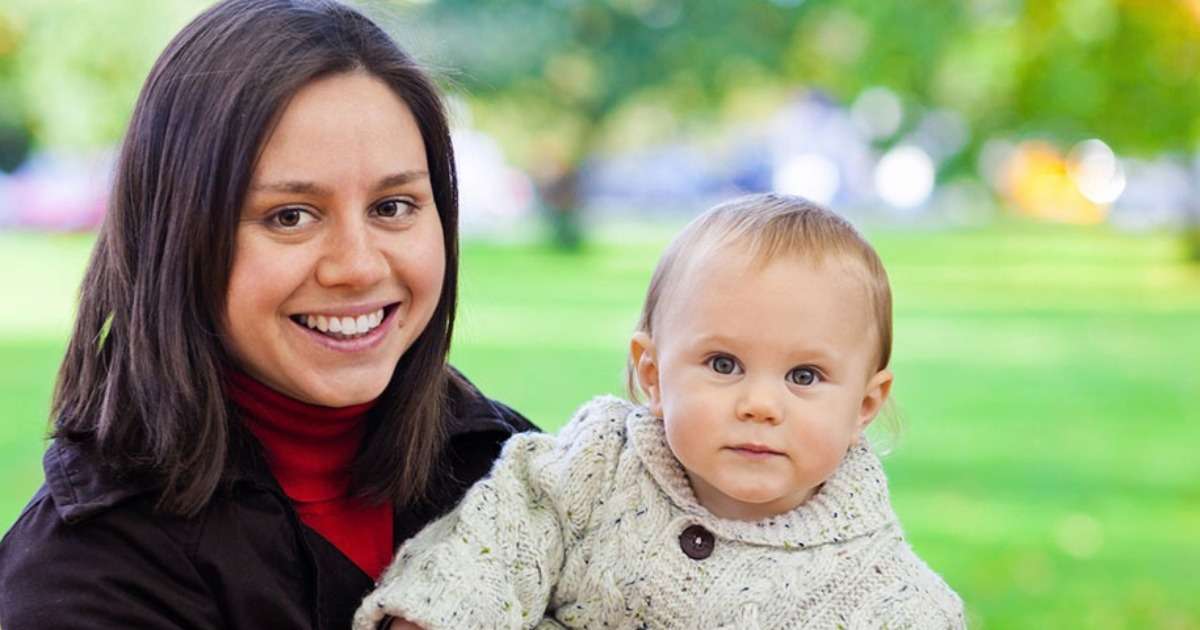
Adolescent Motherhood – observing mother-infant behavior
Adolescent mothers are tackling their transition to adulthood and the transition to parenthood. This is called the double risk for mother and infant, inherent in adolescent motherhood.
